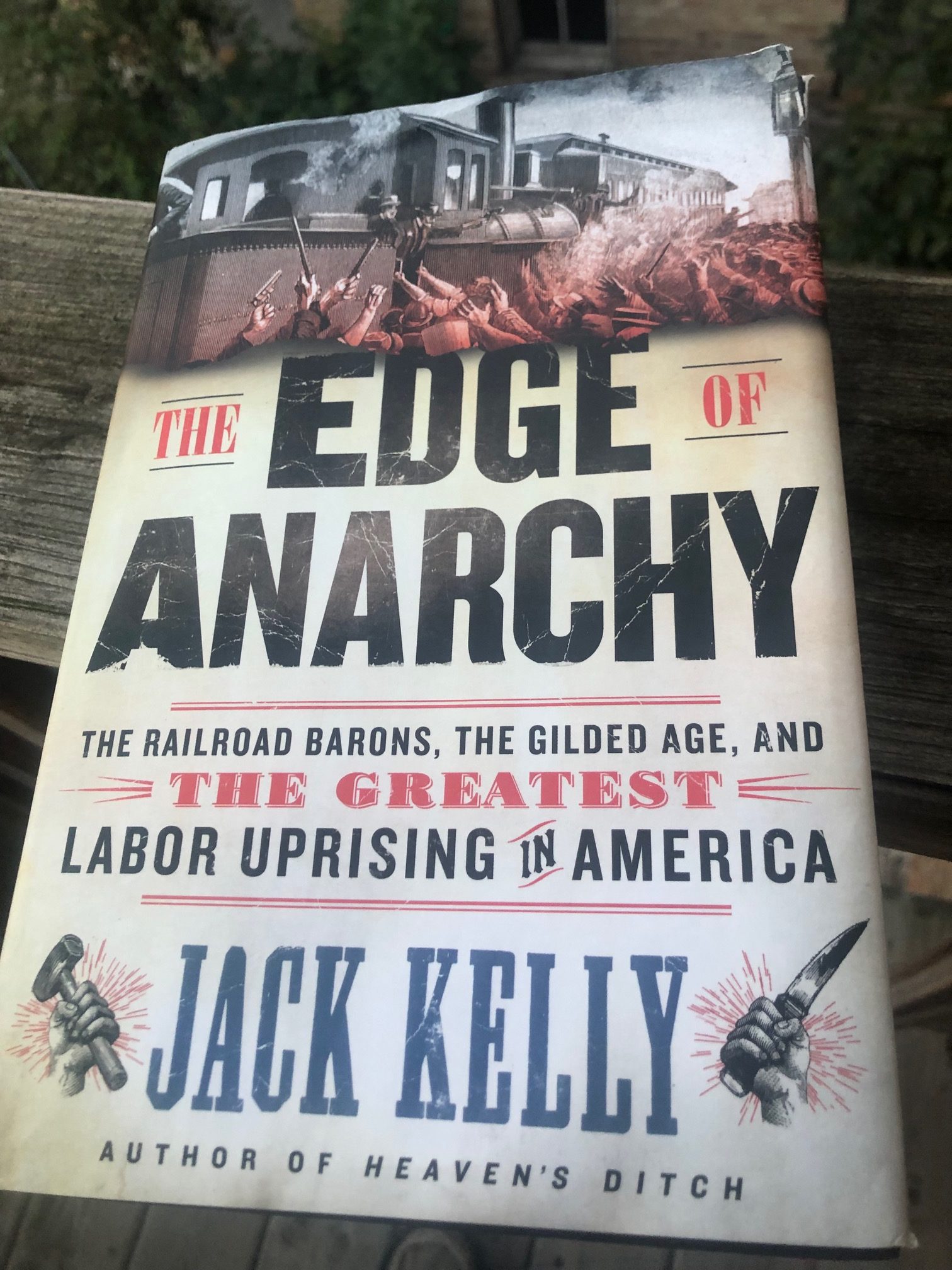Euphemism, for Good and Ill
July 08, 2021
Sophisticated communicators use euphemism frequently. Ethical communicators use it judiciously.
In my book An Effort to Understand, I tell the story of how I once told my five-year-old daughter that in our family, we don’t say passed away—we say died. The next morning, she asked me what I was doing on the couch. I told her I was snoozing. “In this family,” she said, “we don’t say ‘snoozing.’ We say ‘sleeping.'”
Writers instinctively object to euphemistic language, because writers strive for clarity and euphemism fogs up the lens. But sophisticated communicators know that softening reality sometimes makes the picture easier to look at.
They know when euphemism is useful—even necessary.
And when it is the very opposite.
One One Hand: The ‘Usephemism’
A piece in The Guardian last weekend lamented the use of jargon, in white-collar job ads. (They don’t have jargon in help-wanted ads for jackhammer operators.)
But I’m not sure this is a problem.
The jargon in job ads is mostly euphemism—or “usephemism,” as I define it in An Effort to Understand. There, I recall recoiling upon seeing an open cooler of beer at the entrance of my local grocery store with a sign inviting me to “Drink While You Shop.”
No, I will not drink while I shop! I’m a pillar of my community!
Oh, but, “A Brew While You Browse?” Don’t mind if I do!
“Usephemisms”: A spoonful of sugar makes the IPA go down.
And they are the purpose of job-ad jargon: To avoid scaring you off, while still warning you that the position will entail an assload of actual horrible corporate work.
I mean, consider the alternative:
What if, instead of asking for a “self-starter,” the HR writer said, “We’re seeking someone who we don’t need to nag all the time, Bartleby.”
Or instead of asking for a “team player,” it was, “We need someone who doesn’t take all the prime assignments or hog the spotlight, like the last gal.”
And what if, instead of “fast-paced work environment,” it said, “You’ll be busier than a one-armed wallpaper hanger.”
No one would apply.
But if you didn’t send these euphemistic signals, every job would look like a dream job. And dream jobs are called dream jobs for a reason: They don’t exist in waking life.
I think these usephemisms actually help companies not to mislead.
An editor friend once got deep into an interview with a prospective boss who went on and on about how they wanted him to focus on vision and strategy. My friend began imaging his workdays full of cigar-smoking and chin-stroking.
“This is terrific!” he said. “Because in my last job I spent all my time haggling over printing costs, crunching budgets and proofing bluelines.”
“Oh,” the would-be new boss said brightly, “you’ll have to do that, too.”
Sounds like a fast-paced work environment, to me.
On the Other Hand: Euphemism as ‘Passive Evasion’
But of course euphemism can also be a mind-numbing linguistic evasion of responsibility.
The classic Watergate-era dodge was Nixon White House spokesman Ron Ziegler’s admission that, “Mistakes were made.” President Reagan borrowed that one for the Iran-Contra scandal, and New York Times columnist (and former Nixon speechwriter) William Safire called the phrase, “passive-evasive.”
Well these days, leaders won’t even go that far!
Rather than admit they did something wrong, they say, “We don’t always get it right.”
“Compliance is a journey—especially in new sectors like crypto,” said Chanpeng Zhao, CEO of the cryptocurrency exchange Binance in a blog post this week, after his firm had been censured by regulators of several nations. “We also recognize that with the growth comes more complexity and more responsibility … As a four-year-old startup, Binance still has a lot of room to grow. Binance has grown very quickly and we haven’t always got everything exactly right, but we are learning and improving every day.”
Haven’t always … gotten everything … exactly right.
“Nobody’s perfect,” my mother used to say to me. When I was six.
Indeed, some CEOs even predict they won’t get everything right.
The new Amazon CEO Andy Jassy told employees in a letter this week, “I started at Amazon when there were just ~250 employees. We now have more than 1.2M employees. It’s happened fast, especially over the last decade as our businesses have grown. At our size, at the pace we’re trying to move for customers, and with our penchant for experimenting, we won’t get everything right. We have issues that we need to work on—some we can solve quickly, others will take longer. But, please know that I care, and that we will work together to make Amazon better every day.”
But keep your seatbelts fastened, because mistakes will be made!
When Google was accused of ethics problems by a former executive awhile back, CEO Sundar Pichai reflected, “We don’t always get it right. But we are, as a company, committed to learning from these moments.”
As the leaders of Deutsche Zeppelin Reederei surely did, as well, after their issues in New Jersey in 1936.
“We don’t always get it right,” admitted Wikimedia CEO Katharine Maher, about disinformation leaking into Wikipedia entries.
“As CEOs, we don’t always get it right,” wrote BlackRock CEO Larry Fink in his 2019 annual letter to CEOs on the importance of corporate responsibility.
And when a family’s French bulldog died after United Airlines flight attendants insisted it ride in the airless overhead compartment a few years ago, United CEO Oscar Munoz said, “As hard as we try, it’s obvious we don’t always get it right.”
United Airlines, and Air Penguin both.
“Kowalski! Casualty report!” the pilot demanded after the crash landing.
“Only two passengers unaccounted for, Skipper.”
“That’s a number I can live with! Good landing, Boys!”
For Good, or Ill?
So, how can a speechwriter know whether that smooth phrase you just spread like margarine into that script is a legitimate linguistic lubricant or a communication-curbing carcinogen?
Ask yourself: Why am I placing pillows around this phrase?
To make the reality more comfortable for the audience, or to make the audience less critical of the speaker?
Or even shorter: Are you using euphemism to aid communication, or to avoid it?



